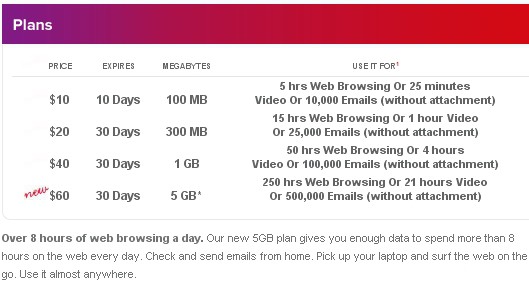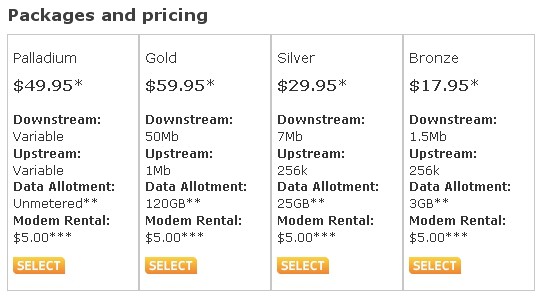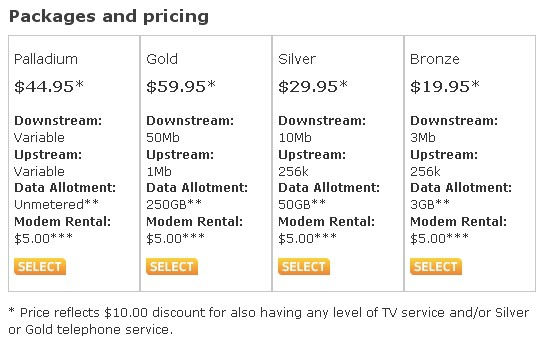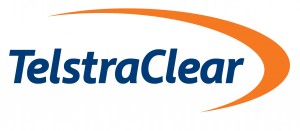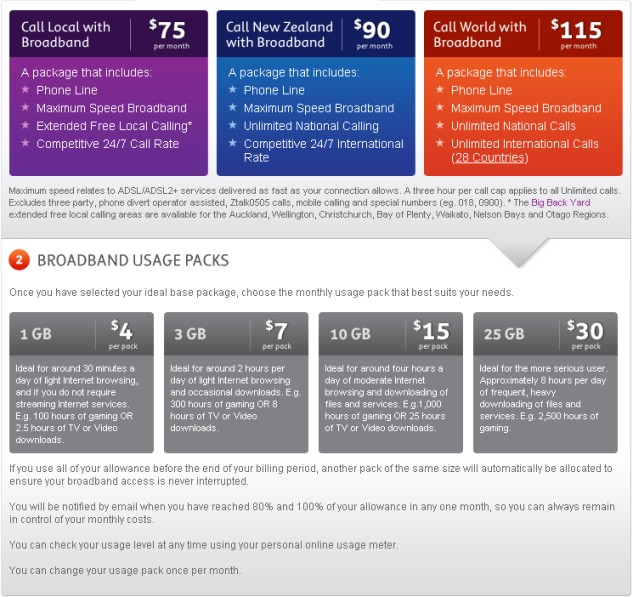 Stop the Cap! reader Michael writes to alert us he found AT&T’s U-verse online Account Overview now includes a section called “Usage & Recent Activity” that includes a placeholder for a future usage meter.
Stop the Cap! reader Michael writes to alert us he found AT&T’s U-verse online Account Overview now includes a section called “Usage & Recent Activity” that includes a placeholder for a future usage meter.
“I canceled my U-verse TV and bumped my Internet speed up to 12Mbps last weekend, and I remember checking to see if my account updated sometime around the middle of last week. The old website was still in use then. Today was the first time I got redirected to the new site, which includes this new placeholder for a usage meter,” writes Michael.

Stop the Cap! reader Michael sent us a screen shot of his AT&T U-verse account, showing this placeholder for a future usage meter. (Click to view the full screen shot)
While customers like Michael are currently being told their “internet plan provides you with unlimited usage — there are no usage details to display,” the potential for usage meters can set the stage for future Internet Overcharging schemes down the road.
AT&T alienated many of its customers in Beaumont, Texas and Reno, Nevada when an extended usage cap trial was underway. Complaints were filed against AT&T with the Better Business Bureau over dubious marketing practices that sold customers on unlimited broadband, only to dispatch letters to newly signed customers telling them it wasn’t unlimited… after signing up for service.
Stop the Cap! learned the Beaumont/Reno experiment was coming to a close this April.
Internet Overcharging schemes are vastly unpopular with consumers. A 2008 study found an overwhelming majority of customers (81 percent) opposed to usage limits or usage-based billing, with 51 percent willing to take their business to another provider if implemented.
In Beaumont and Reno, customers threatened to cancel service when they learned of the experimental overcharging scheme being tested. Some managed to get exempted from the trial.
Customers routinely reject the notion that a company already earning billions in broadband profits today needs to set the stage for even higher pricing and profits tomorrow.
AT&T has spent millions lobbying for the introduction of their U-verse system on favorable franchise terms with the promise it would deliver more competition and lower prices for millions of Americans.
For customers like Michael, usage meters are the first step towards breaking that promise. When followed with formal usage limits or usage-based billing, higher broadband bills are a sure thing.
AT&T customers should contact AT&T and put them on notice — any effort to impose usage limits or usage-based billing will result in immediate cancellation of your AT&T account.
Stop the Cap! will continue to closely monitor AT&T and we’ll recommend further action should conditions warrant.
Update 3:00pm EDT 3/23 — AT&T tells Broadband Reports that whatever users are seeing, it’s some kind of website glitch, and that the company has no plans to implement a usage meter. “We did do some upgrades to our account management portal this weekend, but we haven’t been able to recreate this screen,” according to AT&T spokesman Seth Bloom.
While that’s good news for AT&T customers, we are unsure exactly how such a glitch could occur with such depth, including wording that specific Internet plans providing unlimited usage. Further, specifying “U-verse Internet Usage” on the tab above it seems surprisingly specific for a “glitch.”
Barring any new evidence, we’ll take AT&T’s word for it, but readers should continue to report any further “glitches” they might encounter. If possible, include the URL with any screen shots, which we’ll happily provide to the company in any effort to recreate the page.


 Subscribe
Subscribe